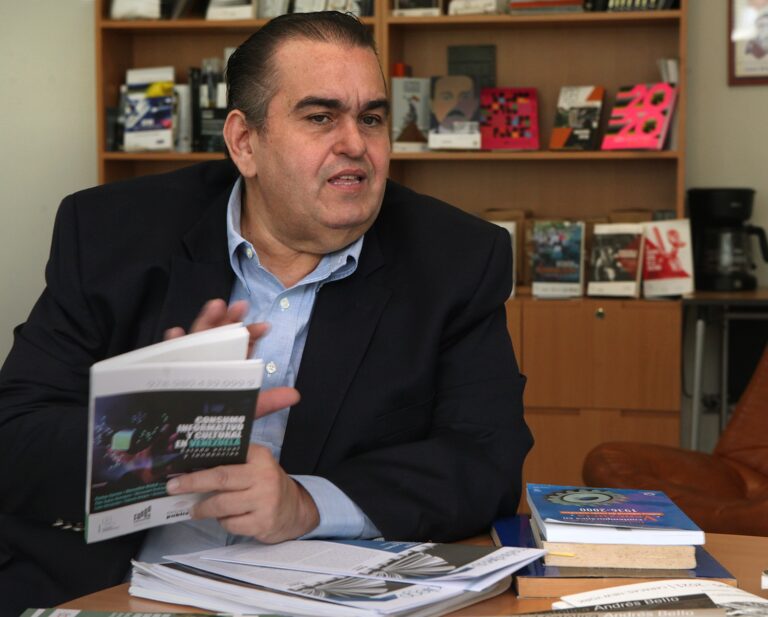A bench of the Supreme Court has ratified the validity of a law permitting the suspension of broadcasting by media outlets and allowing for penalties that include licence cancellations.
(IFEX/IPYS) – On 18 June 2009, the Supreme Court’s Constitutional Bench issued a ruling that ratified the validity of articles 208, 209, 171 and 183 of the Telecommunications Law (Ley Orgánica de Telecomunicaciones, LOTEL). The articles in question permit the suspension of broadcasting by media outlets and establish penalties that include the cancellation of radio and television licences.
Article 209 allows the government to take any television and radio stations or other telecommunications systems off the air if it considers the action to be appropriate for national security reasons and the maintenance of public order. No previous administrative proceedings are required, which means that Article 209 in effect legalises a censorship mechanism.
Article 171, item 6, covers the cancellation of licences for media outlets that broadcast content which may incite criminal activities, and article 183 allows for the seizure of equipment and immediate implementation of precautionary measures to suspend broadcasting by media outlets that contravene the LOTEL.
IPYS believes the Constitutional Bench’s decision makes it possible for media outlets to be put on trial, which is contrary to existing statutes in Venezuela that state that these crimes can only be attributed to individual people and not to legal entities, such as companies or institutions.
The ruling was issued by Justice Carmen Zuleta de Merchán in response to an appeal brought forward in 2003 by the Globovisión, Radio Caracas Televisión (RCTV) and Televen television stations requesting that the articles in question be invalidated on the basis that they are contrary to the Constitution and freedom of expression principles.
According to a statement the judge gave to the “El Universal” newspaper, the decision was made as a “measure to guarantee governance” since in certain situations the media may have a “destabilizing” effect.
However, the ruling does not specify what reasons would need to be given in order to justify the censorship of certain messages, and as such, to a certain extent, it endorses prior censorship and self censorship.


